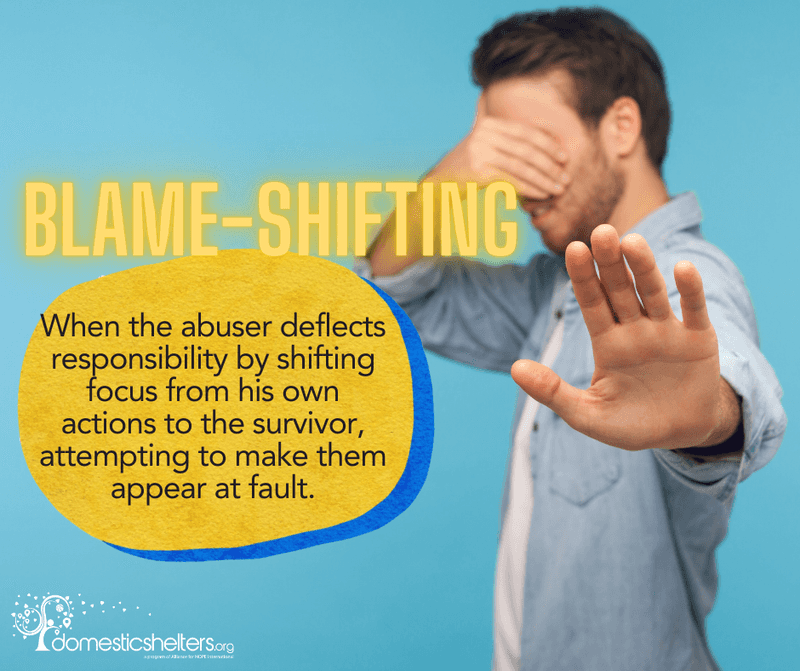Spotting a narcissist can be challenging, but certain phrases they use can be revealing. These expressions often highlight their self-centered nature and can serve as a red flag in recognizing narcissistic behavior.
1. “I am the best”

Narcissists often exude a sense of superiority. The phrase “I am the best” isn’t just a statement for them; it’s a belief deeply ingrained in their psyche. This declaration often comes without evidence to back it up, making it more about perception than reality.
In social settings, this phrase is a way to dominate conversations, ensuring they are always at the center of attention. For them, being the best is synonymous with being significant. They might dismiss others’ achievements to maintain this facade, showcasing their inability to genuinely appreciate others.
Ultimately, this boastful claim serves as a shield, protecting their fragile ego.
2. “You misunderstood me”

Narcissists rarely take responsibility for their actions. The phrase “You misunderstood me” is a common retort when they are confronted. It’s a tactic to shift the blame onto others, making them question their understanding.
By using this phrase, they evade accountability, leaving the other person doubting their interpretation. This perpetual blame-shifting allows narcissists to maintain their flawless self-image, while others are left in confusion.
Such phrases can erode trust over time, as they perpetually distort reality to suit their narrative, leaving little room for genuine communication or understanding.
3. “You’re too sensitive”

When confronted with their hurtful behavior, narcissists often resort to saying “You’re too sensitive.” This phrase is a tool to invalidate the feelings of others, making them feel inadequate for expressing emotions.
Labeling someone as overly sensitive is a way to deflect criticism and maintain control. It places the fault on others, suggesting their reactions are exaggerated rather than addressing the narcissist’s behavior.
Through this tactic, narcissists ensure they remain unchallenged, manipulating others into accepting blame. It’s a subtle yet powerful way to maintain dominance in relationships.
4. “I know more than you”

The phrase “I know more than you” is an assertion of intellectual dominance. Narcissists use this to establish superiority, often in discussions or debates. By claiming unmatched knowledge, they attempt to belittle others, creating an imbalanced dynamic.
This declaration is rarely supported by genuine insight. Instead, it’s a facade to mask insecurity. Such claims can stifle conversation, as others may feel discouraged from contributing, fearing criticism.
In the long run, this behavior alienates them from meaningful connections, as their need to be right overshadows the value of diverse perspectives.
5. “You’re just jealous”

Narcissists often accuse others of jealousy to deflect criticism. The phrase “You’re just jealous” is a defensive mechanism, suggesting that any negative feedback is rooted in envy rather than valid concern.
This tactic allows them to dismiss others’ opinions, reinforcing their self-image as enviable and superior. By turning the tables, they avoid addressing genuine issues, making others feel petty for voicing concerns.
Such accusations can create an atmosphere of tension, as others become hesitant to express themselves, fearing they’ll be labeled as envious. It’s a clever, yet destructive, way to maintain emotional control.
6. “I’ll do it later”

Procrastination is a common trait among narcissists, and the phrase “I’ll do it later” epitomizes this tendency. It’s a way to delay responsibilities, often with little intention to follow through.
By postponing tasks, they avoid immediate accountability, creating frustration for those who depend on them. This behavior can lead to a cycle of broken promises, as their focus remains on self-serving goals.
Ultimately, procrastination affects their relationships and work, as others may lose trust in their reliability. It’s a subtle manipulation tactic, ensuring their needs are prioritized over others’.
7. “You’re overreacting”

When faced with emotional reactions, narcissists often retort with “You’re overreacting.” This phrase undermines the legitimacy of others’ feelings, casting them as irrational.
By labeling reactions as overblown, they deflect accountability, making it difficult for others to voice concerns. This tactic not only silences valid emotions but also reinforces their control over interactions.
Over time, this minimizes emotional expression, as individuals doubt their reactions. It’s a form of emotional manipulation that leaves others questioning their own experiences, perpetuating an unbalanced power dynamic.
8. “You owe me”

Narcissists often leverage favors and past deeds to exert control. The phrase “You owe me” is a manipulative tactic, wielded to ensure compliance from others.
This expression is a reminder of their perceived generosity, used to demand repayment in loyalty or actions. It creates a sense of obligation, making others feel indebted for past kindnesses.
Such tactics can strain relationships, as the balance of give-and-take is distorted. It’s a strategic maneuver to maintain dominance, ensuring their needs are met without reciprocation, ultimately fostering resentment.
9. “Nobody understands me”

The phrase “Nobody understands me” is a tool for narcissists to isolate themselves emotionally. By claiming to be misunderstood, they position themselves as unique and complex, beyond others’ comprehension.
This self-victimizing statement elicits sympathy, drawing attention to their perceived plight. It shifts focus away from their behavior, making others feel inadequate for failing to connect.
Over time, this narrative can alienate them from genuine relationships, as they create barriers instead of bridges. It’s a subtle, yet effective way to maintain emotional distance while garnering attention.

